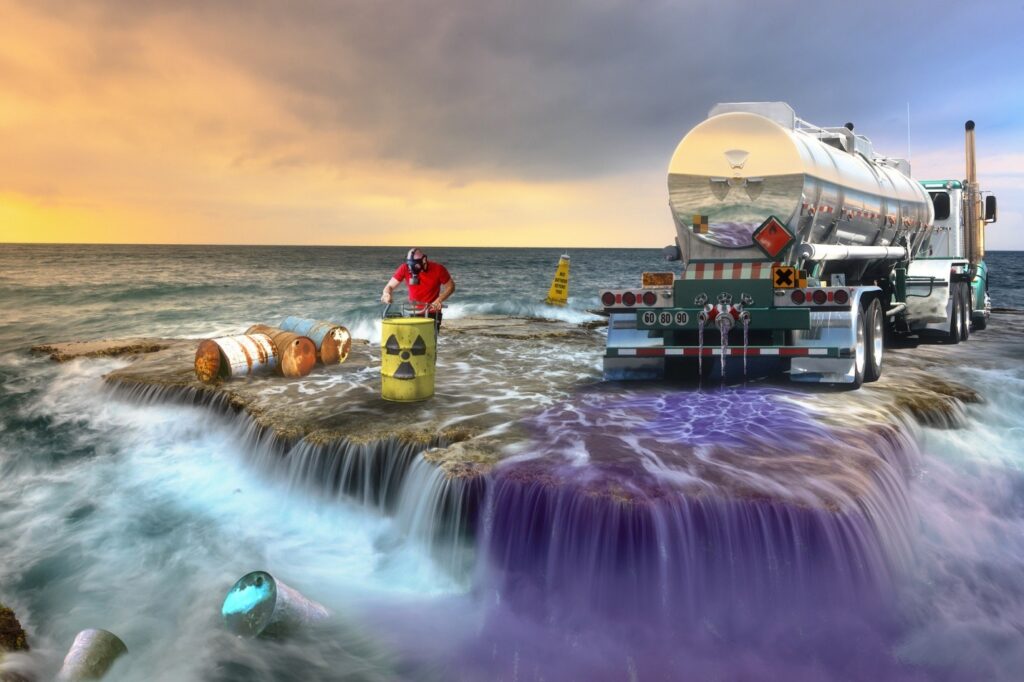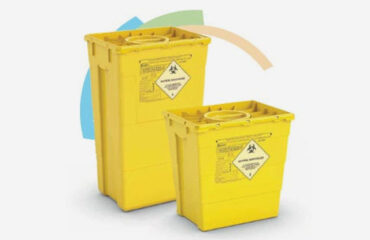Our Reclaim Waste PDFs
Our Reclaim Waste PDFs
Blog Article
Reclaim Waste Can Be Fun For Everyone
Table of ContentsThe Best Guide To Reclaim WasteThe Definitive Guide for Reclaim WasteThe smart Trick of Reclaim Waste That Nobody is Talking AboutUnknown Facts About Reclaim WasteOur Reclaim Waste Diaries
Discover the types, occurrences, and forms of liquid waste. Residential sewage waste describes the waste and items from a property septic system. This kind of waste is produced by humans in residences, institutions, and other structures. This only includes sewage-disposal tanks that have a drain area. The appropriate management and disposal of residential sewage waste call for liquid waste to be moved to a sewage therapy plant where the appropriate approaches and devices are applied to cleanse and take care of waste.
Commercial waste often includes prospective threats, such as flammable products or a mixture of liquid and strong waste products, and needs an extra sophisticated and comprehensive disposal procedure. The disposal of industrial waste generally entails the filtration of waste before transport to guarantee secure and proper disposal. Industrial waste is developed from byproducts and overflow of commercial processes and production.
This type of waste can not make use of the same sewage administration transport or procedures as septic or commercial liquids. The industrial waste management process needs the assessment and screening of fluid waste prior to it undertakes the disposal process (liquid waste removal melbourne). Overflow waste is the fluid waste that originates from overflow and excess stormwater in highly inhabited areas or cities
Runoff waste can trigger contamination and flooding otherwise managed effectively. Find out more about sewer cleaning and waste monitoring. Making sure appropriate waste administration can avoid catastrophes and minimize environmental damage. Both individuals in property settings and professionals in commercial or manufacturing markets can gain from understanding the processes and regulations of fluid waste administration.
Excitement About Reclaim Waste
Call PROS Solutions today to learn more about our waste monitoring and disposal services and the correct methods to care for the fluid waste you produce.
(https://www.twitch.tv/reclaimwaste1/about)Do you recognize what takes place to your water when you end, purge the toilet or drain the cleaning maker? No? Well, it's worth understanding. This so-called 'wastewater' is not just a crucial resource but, after therapy, will be released to our land, rivers or the ocean. Utilized water from bathrooms, showers, bathrooms, kitchen area sinks, washings and commercial processes is referred to as wastewater.

water used to cool equipment or clean plant and devices). Stormwater, a form of wastewater, is overflow that moves from agricultural and city areas such as roofs, parks, gardens, roadways, paths and rain gutters into stormwater drains, after rainfall. Stormwater flows unattended directly to neighborhood creeks or rivers, ultimately reaching the sea.
The Ultimate Guide To Reclaim Waste
In Queensland, many wastewater is dealt with at sewage treatment plants. Wastewater is transferred from residential or commercial websites with a system of sewage systems and pump terminals, known as sewerage reticulation, to a sewage treatment plant. City governments develop, preserve and operate most sewage treatment plants. Operators are certified under the Environmental Defense Act 1994 to release cured wastewater at an acceptable environmental standard into waterways.
The Division of Natural Resources encourages city governments regarding managing, operating and maintaining sewage systems and therapy plants. In unsewered locations, city governments may call for owners to set up private or family sewage treatment systems to deal with residential wastewater from commodes, cooking areas, washrooms and washings. The Department of Natural Resources authorizes the usage of family systems when they are verified to be efficient.
Many stormwater receives no treatment. In some brand-new communities, therapy of some stormwater to remove litter, sand and crushed rock has actually begun their website making use of gross toxin traps. Wastewater treatment takes place in four phases: Eliminates solid issue. Larger solids, such as plastics and various other items wrongly released to drains, are gotten rid of when wastewater is gone through screens.
Uses tiny living microorganisms recognizes as micro-organisms to damage down and remove remaining liquified wastes and fine bits. Micro-organisms and wastes are included in the sludge.
The Best Strategy To Use For Reclaim Waste
Nutrient removal is not available at all sewer therapy plants due to the fact that it calls for pricey specialised devices. Clear fluid effluent generated after treatment might still consist of disease-causing micro-organisms - liquid waste disposal melbourne.

Most wastewater moves into the sewage system. Under the Act, regional federal governments provide approvals and permits for environmentally relevant tasks (ERAs) entailing wastewater releases that could have a local influence.
The Best Strategy To Use For Reclaim Waste
Otherwise, examples are considered laboratory evaluation. Typically many tests are required to develop the levels of each of the various pollutants such as oils, hefty metals and pesticides in water. Monitoring offers accurate information about water quality and can validate that licence conditions are being satisfied. The info gotten via surveillance provides the basis for making water quality decisions.
Report this page